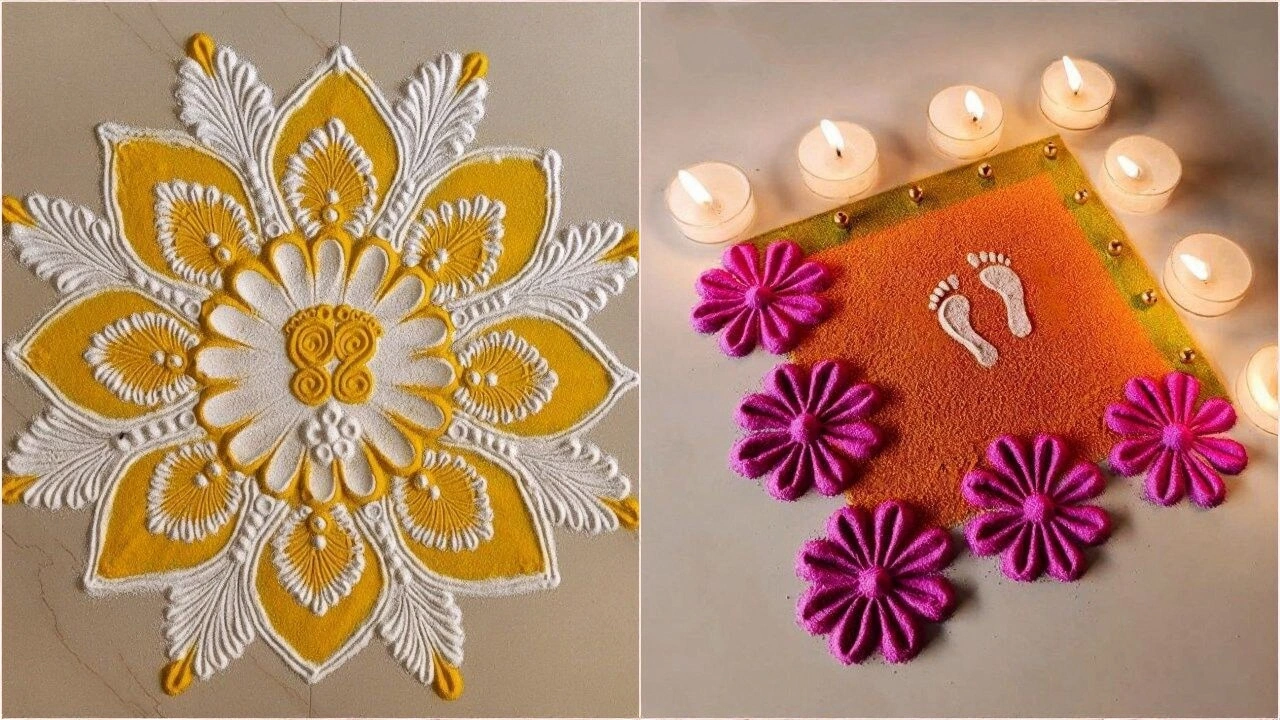Indian Culture & Tradition: How Heritage Drives Business and Innovation
When exploring Indian culture and traditions, the living heritage of practices, rituals, and artistic expressions that define India's identity. Also known as Indian heritage, it forms the backbone of daily life and national identity across generations. These traditions aren't stuck in the past—they're constantly evolving, adapting to new times while keeping their core values intact. From family rituals to community festivals, Indian culture thrives because it embraces change without losing its roots. For businesses, understanding these cultural shifts is key to staying relevant in the world's fastest-growing economy. Whether it's adapting traditional crafts for modern markets or reimagining festivals for today's consumers, culture and commerce are deeply intertwined.
Take Diwali, India's most celebrated festival of lights, which Festival of Lights brings families together for prayers, feasts, and vibrant decorations. Central to Diwali is rangoli, a traditional floor art form often made with colored powders or rice. Recent trends show people using eco-friendly materials like recycled paper and natural dyes, and even digital tools like iPhone stencils for Ganesh designs. Startups like EcoRangoli have seen rapid growth by offering biodegradable color powders, while tech firms like ArtiTech create apps for digital rangoli designs. These companies aren't just selling products—they're preserving culture through innovation, proving that tradition and technology can coexist successfully.
Why Culture Matters for Business Today
Indian culture and traditions aren't just about history—they're actively shaping today's business landscape. As more consumers seek sustainable and meaningful products, traditional customs are getting a modern twist that businesses can capitalize on. For example, eco-friendly rangoli materials are now a growing market segment, with brands reporting higher customer engagement and repeat purchases. Similarly, tech companies are creating apps that help users design intricate rangoli patterns, merging tradition with digital innovation. These trends show how cultural practices can drive product development and market growth. Businesses that tap into these shifts often find loyal customer bases and new revenue streams.
Think about how Diwali celebrations have changed over the years. In the past, families might have used only natural materials for rangoli. Now, you see people combining traditional methods with modern tech—like using smartphone apps to plan designs or printing stencils for Ganesh idols. This blend of old and new isn't just for aesthetics; it's a business opportunity. Entrepreneurs are tapping into this by creating products that meet the demand for sustainable and tech-integrated cultural items. When you see a rangoli made with eco-friendly powders or a digital Ganesh design, you're witnessing how culture and business intersect to create value. This evolution isn't about replacing tradition—it's about making it relevant for new generations while keeping its essence alive.
Beyond Diwali, Indian culture spans countless traditions—from the colorful Holi festival to regional dance forms like Bharatanatyam. Each of these has its own business implications. For instance, the growing interest in traditional crafts has led to new markets for handloom textiles and artisanal products. Companies like Handloom Revival have successfully blended ancient weaving techniques with modern fashion designs, attracting both domestic and international customers. This shows that cultural heritage isn't just about the past—it's a living resource that businesses can leverage for innovation and growth. Understanding these cultural nuances helps companies connect with consumers on a deeper level, building trust and loyalty in the process.
These changes matter because they show how Indian culture is resilient and adaptable. It's not about replacing old ways with new ones—it's about finding ways to keep the essence alive while embracing progress. For businesses, this means understanding cultural shifts can lead to innovative products and services. Whether it's sustainable festival products or digital tools for traditional art, these adaptations help culture stay meaningful for everyone. This is why staying informed about cultural trends is crucial for any business looking to succeed in India's dynamic economy. The companies that get it right don't just survive—they thrive by honoring tradition while driving progress.
Below, you'll find the latest stories on how Indian culture and traditions are evolving in the business world. From Diwali rangoli innovations to other cultural practices driving market trends, these articles show the dynamic connection between heritage and commerce. Dive in to see how tradition and innovation come together in surprising ways.
Diwali Rangoli 2025: Glitter, Eco & iPhone Ganesh Designs Spark Buzz
Diwali 2025 sparks a rangoli revival as glitter, eco‑friendly powders, and an iPhone‑cover Ganesh stencil dominate Indian homes, blending tradition with modern flair.
